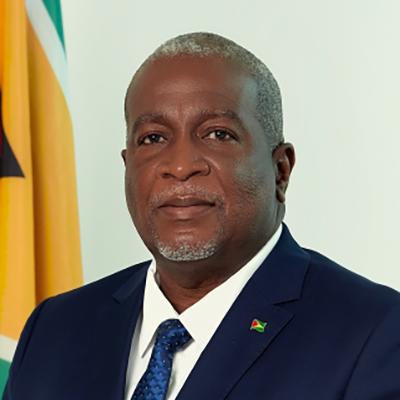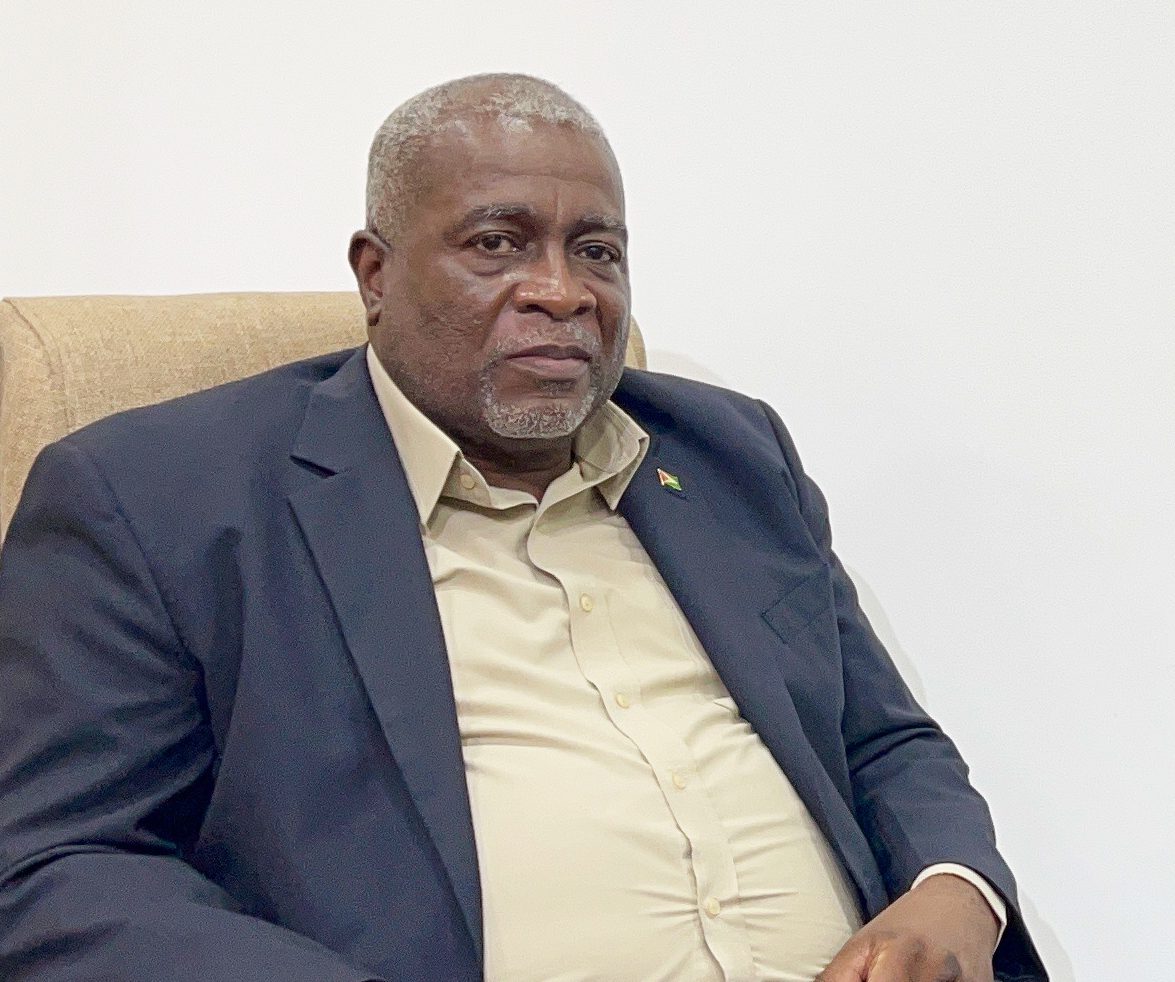
Guyana’s Prime Minister Mark Phillips Steps Down Amid Controversy of presidents decision Over Oil Revenue Management
In a dramatic political development, Prime Minister Mark Phillips has announced his resignation, citing concerns over President Irfaan Ali’s handling of the nation’s burgeoning oil revenue. This unexpected decision has sent shockwaves through Guyana’s political landscape, raising questions about the future of the government and its approach to managing the country’s vast oil wealth.
Phillips, who has served as Prime Minister since 2020, made his announcement during a press conference in Georgetown. “It has become increasingly clear that the current management of our oil revenue is not aligning with the best interests of our nation,” he stated, expressing his disappointment with the administration’s fiscal policies and the lack of transparency in the allocation of resources. “I can no longer be part of a government that is not prioritizing the welfare of the Guyanese people.”
His resignation comes on the heels of mounting criticism of President Ali’s administration regarding its oil policy. Guyana, which has emerged as one of the fastest-growing oil producers in the world, has seen significant revenues flow into the country since the discovery of substantial offshore oil reserves. However, many citizens and opposition leaders have voiced concerns that the wealth generated from these resources is not being effectively utilized to benefit the wider population.
Critics argue that while oil production has soared, there has been little progress in addressing pressing issues such as infrastructure development, healthcare, and education. Protests have erupted in various parts of the country, with citizens demanding greater accountability and transparency in how oil revenues are being spent. The political climate has become increasingly charged, with opposition parties leveraging the situation to call for a reevaluation of the government’s approach to resource management.
In his farewell address, Phillips called for a more inclusive dialogue on the use of oil revenues, emphasizing the need for sustainable development strategies that prioritize the needs of all Guyanese. “Our nation stands at a crossroads,” he said. “We have an opportunity to build a prosperous future, but we must do so with integrity and foresight.”
Political analysts view Phillips’ resignation as a significant turning point for the ruling People’s Progressive Party (PPP) and President Ali. With growing discontent among the populace and potential challenges from opposition parties, the administration faces a critical moment in maintaining public trust. Some observers suggest that Phillips’ departure could pave the way for potential leadership changes within the party as it seeks to regain credibility.
President Ali responded to the news with a statement acknowledging Phillips’ contributions to the government. “Mark has been a dedicated public servant, and I respect his decision,” Ali said. “We will continue to work towards ensuring that our oil revenues are managed in a way that benefits every Guyanese.”
As the nation processes this unexpected leadership change, the focus now shifts to who will succeed Phillips as Prime Minister and how the government plans to address the pressing issues surrounding oil revenue management. The upcoming weeks are expected to be crucial as the PPP navigates the political fallout and seeks to reassure the public of its commitment to responsible governance.
With the stakes high and public scrutiny intensifying, the future of Guyana’s political landscape remains uncertain. Citizens are keenly watching how the government will respond to calls for greater accountability and whether it can turn the promise of oil wealth into tangible benefits for the nation as a whole. As political tensions rise, the path forward for President Ali and the PPP will undoubtedly be one of the most closely monitored narratives in Guyana’s history.






